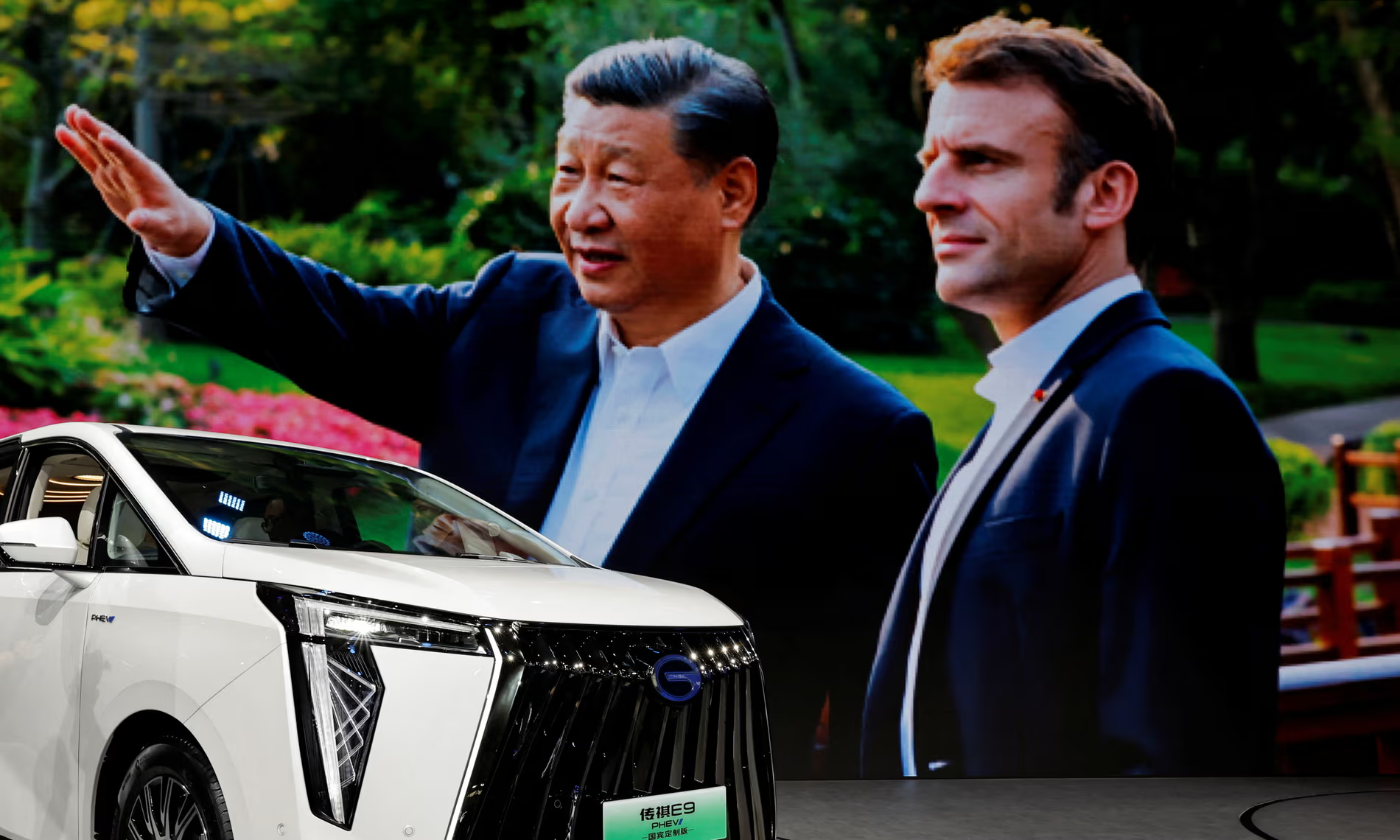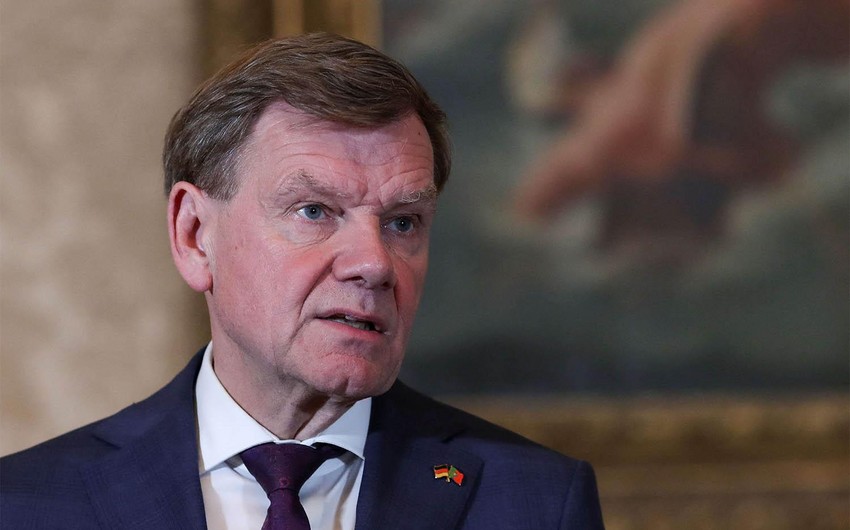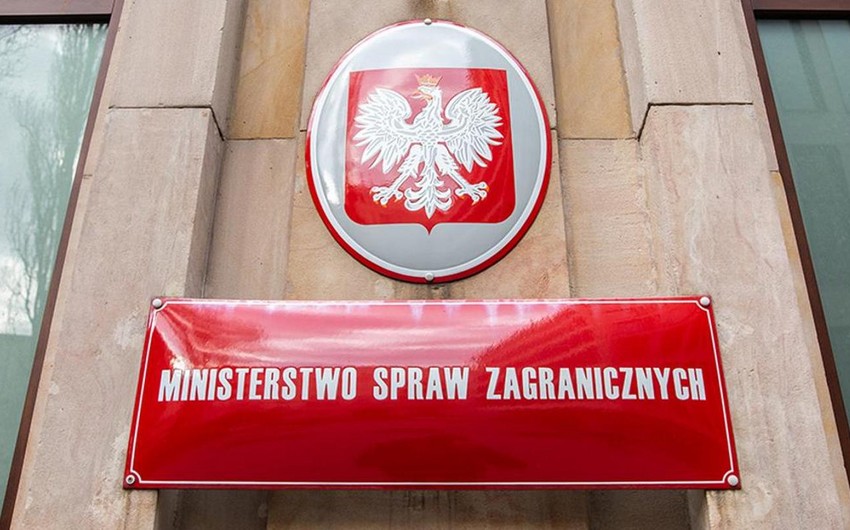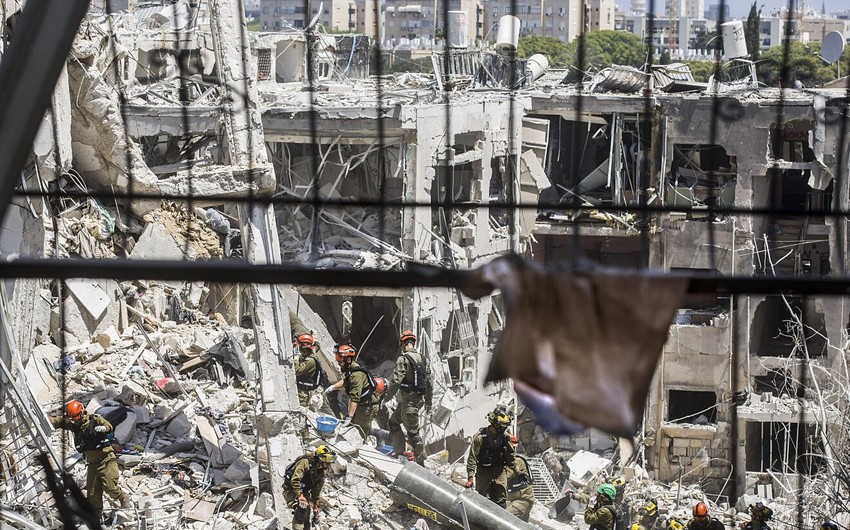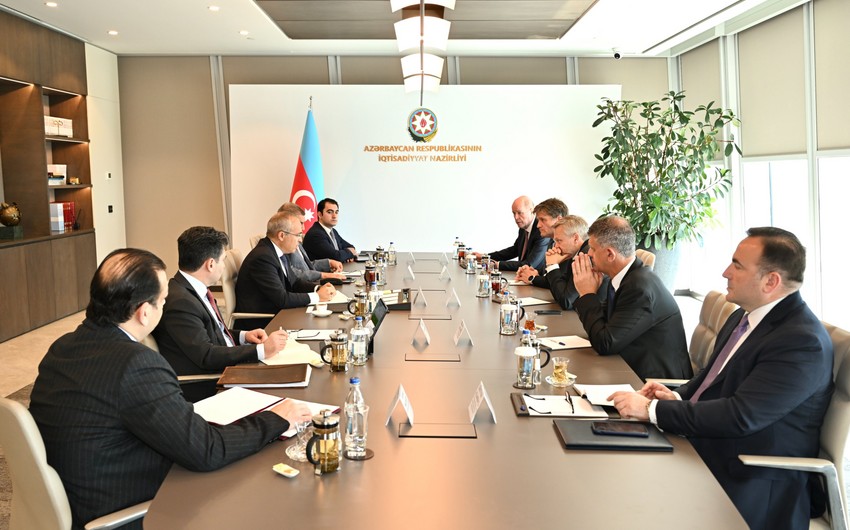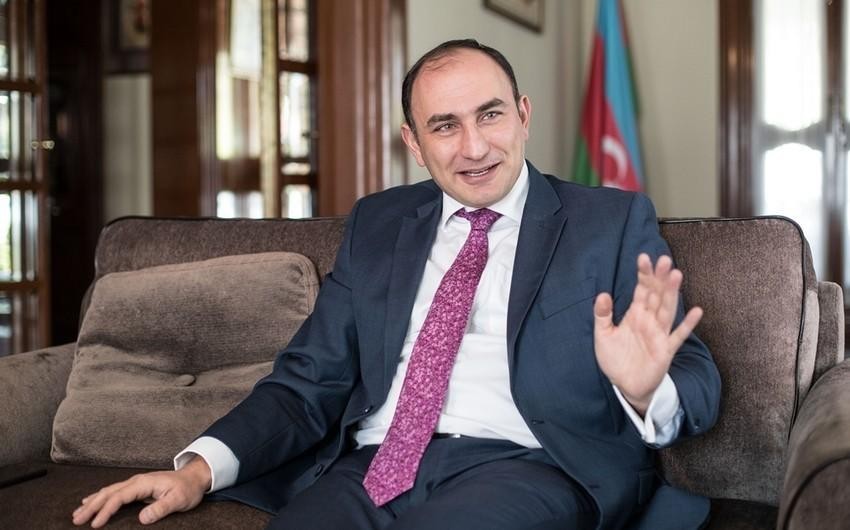China’s president, Xi Jinping, is to visit Europe next week for the first time in five years, in a tour that will take in the unlikely trifecta of France, Hungary and Serbia.
The visit comes as China pushes to avoid a trade war with the EU, while attitudes towards Beijing in the bloc are hardening after multiple spying scandals and China’s ongoing support for Russia in the war in Ukraine.
Xi’s first stop will be Paris. On Monday, he will meet the French president, Emmanuel Macron, and the president of the European Commission, Ursula von der Leyen.
“The Chinese leadership is pretty clear about what they want,” says Abigaël Vasselier, the director of foreign relations at Merics, a German thinktank focused on China. Xi would be focused on lobbying against the EU’s anti-subsidy probes, particularly on electric vehicles (EVs) and on stabilising the bilateral relationship, Vasselier said.
In September, in remarks widely understood as being directed at China, von der Leyen said that global markets were “flooded with cheaper electric cars … [whose] price is kept artificially low by huge state subsidies”. The probe has caused widespread consternation in Beijing, which sees it as unfair and politically motivated.
On Thursday, the European Commission’s trade chief hinted that tariffs on Chinese EVs could be imposed by June, after the launch of an investigation into state support for electric car manufacturing in China. The deadline for any measures to be imposed is 4 July.
China “cannot afford to have more and more restrictions to the European market”, Vasselier says, but at the same time, “China does not have an offer for Europe at this point”.
That is because one of Europe’s – and Macron’s – longstanding asks of China is for Xi to put pressure on Vladimir Putin, Russia’s president, to end the war in Ukraine. “Two years into the war, the Europeans have realised … this is not going to happen,” says Vasselier.
Prof Shen Dingli, a Shanghai-based international relations scholar, says that for China, the question of Taiwan was more important than that of Ukraine.

